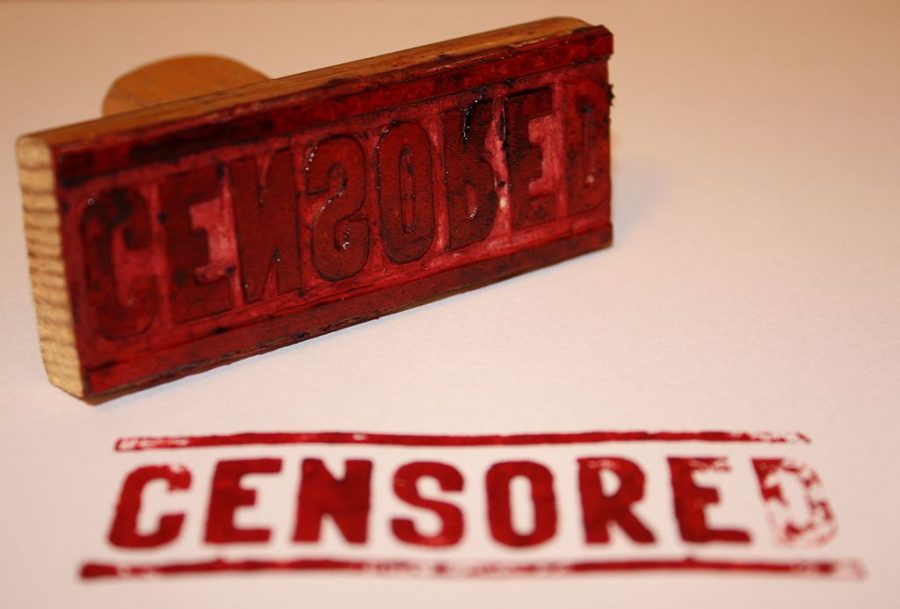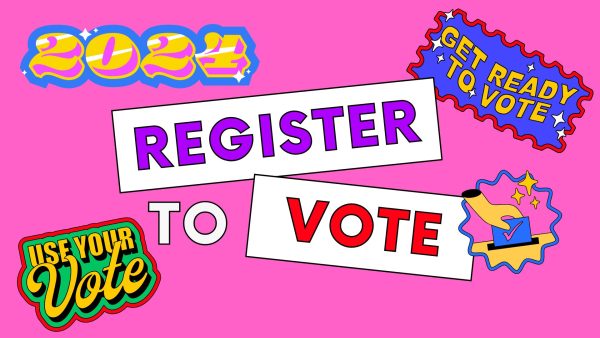Chi*a Ba*s the Letter *
Photo by Creative Commons
In addition to the letter “N”, Animal Farm and 1984 by George Orwell, and images of Winnie the Pooh have recently been censored in China.
I couldn’t even type the title.
In response to Chinese President Xi Jinping staying in power due to the Chinese’s new abolition of term limits, the letter “N” has been banned temporarily in China, among other terms, as the general public didn’t take the news too lightly.
Along with the controversial letter, search terms such as “disagree”, “shameless”, “immortality”, and “Xi Zedong” have been temporarily banned on the Chinese Twitter, Weibo. Many fear this abolishment of term limits can create an Emperor or monarchy-like state, a popular comparison being going back to the days of the Cultural Revolution under Mao Zedong (hence the banning of Xi and Zedong online together). George Orwell’s 1984 and Animal Farm book titles were also banned for their political statements. The “N” was mainly banned due to officials not wanting people to use it in the code of it standing for “number of terms”, or “n>2”, in reference of Xi now having more than two terms.
While in the United States and other countries such as Britain with Brexit, many use social media such as Twitter to voice displeasure with their government through angry posts, satire, petitions, and of course, memes. China is different however, as they fear dissent against their government. In 2013, Winnie the Pooh was banned as many mocked the President by putting the famous cartoon bear and him side by side in various picture memes and jokes. It’s hard to imagine such a thing being banned in a country where our President is widely mocked daily on Twitter.
Censorship when it comes to freedom of speech is a problem, even if it’s not as custom in China as it is in the United States. Some censorship is okay, such as when it is harmful in cases such as child pornography, harassment, and violence that is spread online. But banning letters, non-violent phrases against a leader, and a lovable bear character is taking away an important aspect every citizen in any country should have the right to-freedom of speech. When citizens can’t protest peacefully on online forums, it starts to seem more like the very leaders’ names and government terms are what China is banning, rather than the democracy they pretend to portray.

Gr. 12
"I know I may be young, but I've got feelings too."-Britney Spears






